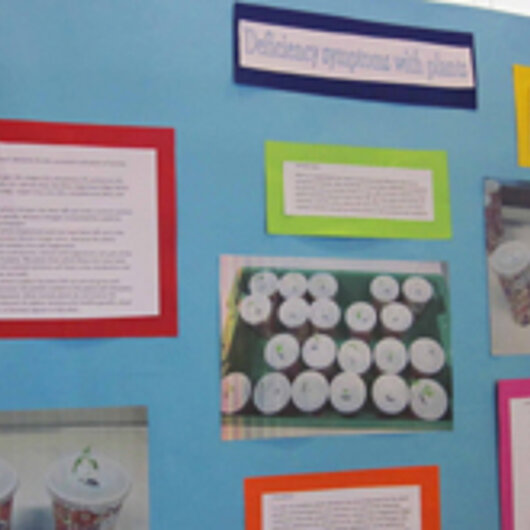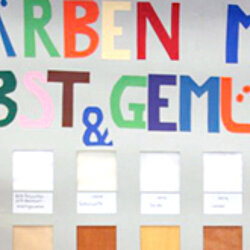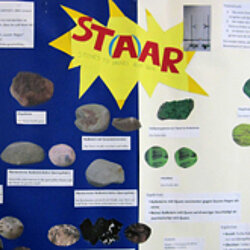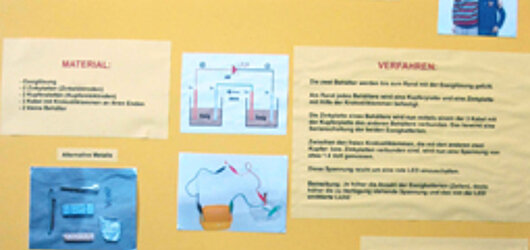The European Schools Science Symposium (ESSS) is a science competition open to all year 2 - 7 Secondary School students of the European Schools. In addition to the presentation of projects, the Symposium consists of visits to professional laboratories and scientific institutes, museums and European institutions. By participating in the Symposium and its preparation, students gain insights into scientific ways of working.
What do students have to do?
In the months leading to the symposium, students have to do some practical research. By the end of November, each group submits a brief report on the state of the target and project work. If there are more than three groups, a jury of the ESM decides who is delegated to the Symposium. In early December, registration is confirmed. The Symposium's panel of judges then examines the themes and reports submitted. Based on this, they decide which project will be officially presented to the participants at the symposium.
How does the competition run?
All participants present their work as a written report, which has to be submitted in early February, as a poster and in an additional oral presentation, which lasts for ten minutes and which is followed by a five minute question and answer session by the panel of judges.
Which languages are used?
The reports can be written in German, French or English. This also applies for the presentations. When answering questions about the project, students may choose the language which they feel most confident in or which is most suitable for the audience.
How many students are there in a team?
Each team can consist of up to three members und should have one mentor. This is a teacher who supports and advises them. Many of the other science teachers are also pleased to provide assistance
Where is it held?
The symposium is held alternately in one of the European Schools. The expenses for travel, accommodation and food must be paid by the students or their parents.
Further information
More information can be obtained from the science teacher responsible for the project. Meetings with those participating are held regularly and are announced in advance on the info screens. Students can start a project any time, however, they should bear in mind that the preparation period usually takes several months.




